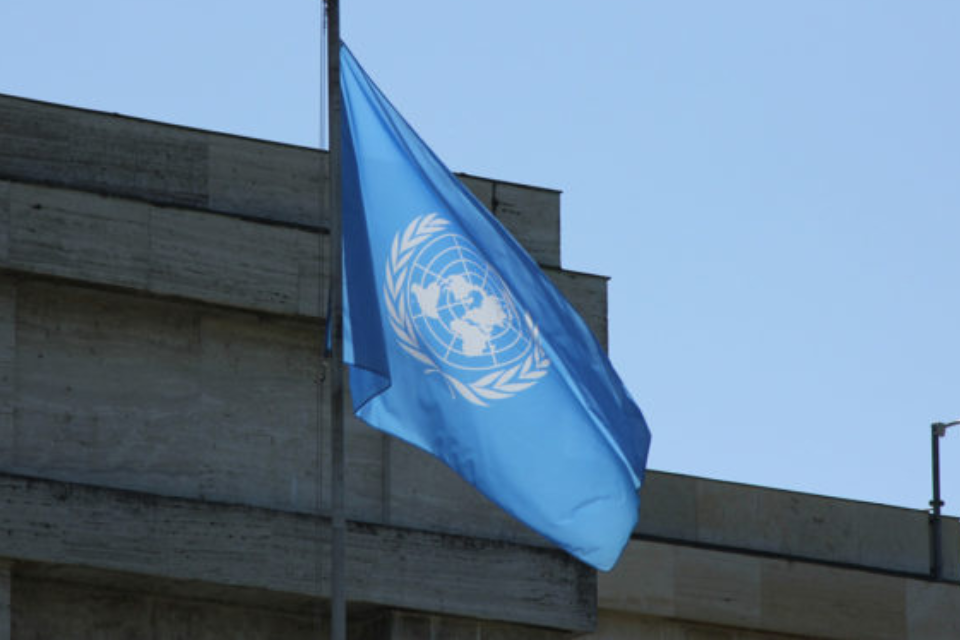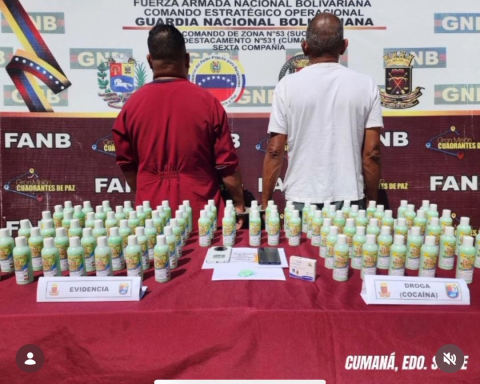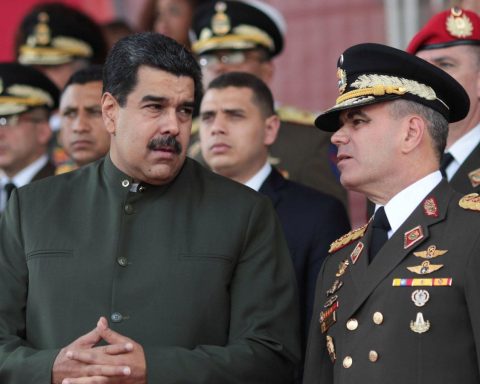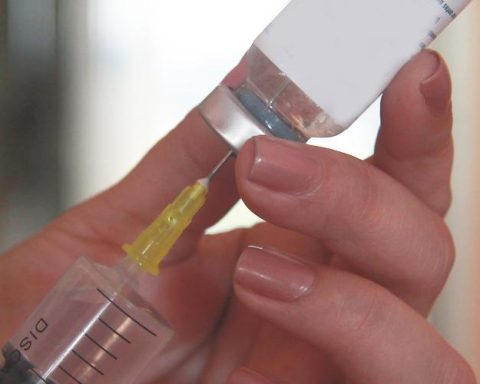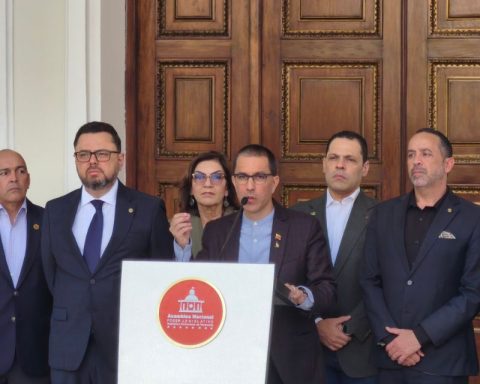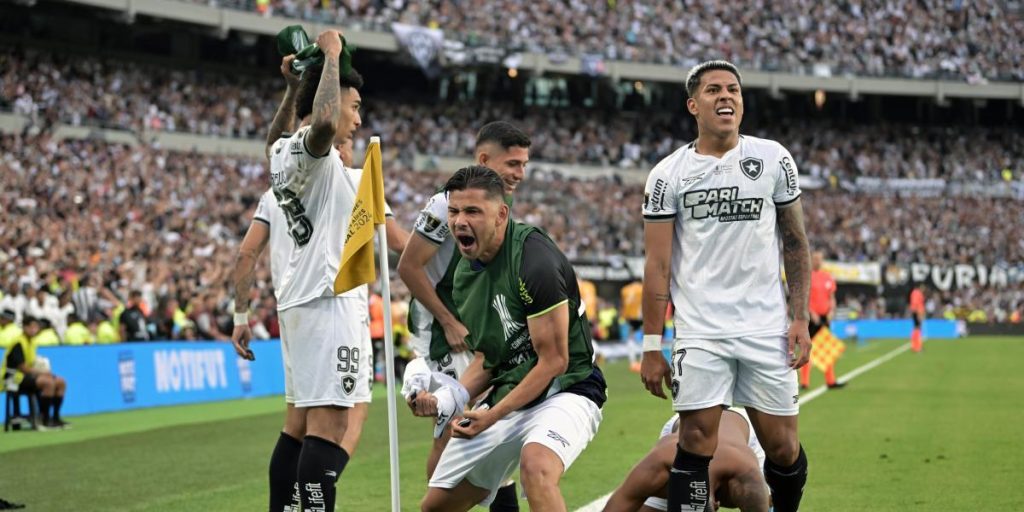Gina Romero, UN rapporteur, referred to the recently approved Liberator Simón Bolívar Law. In his opinion “this type of vague and ambiguous legislation makes discretion in its application become a tool of control”
The special rapporteur of the United Nations (UN) for Freedom of Association and Assembly, Gina Romero, expressed her concern about the Liberator Simón Bolívar Law, which among other things contemplates criminal and administrative punishments against natural or legal persons, nationals or foreigners who request or support sanctions against Venezuela.
“With concern I see that the Organic Law of Liberator Simón Bolívar against the imperialist blockade and in defense of the Bolivarian Republic of Venezuela was approved in the National Assembly, whose article 23 could be used to persecute civil society and activists,” the rapporteur warned. of the UN, this Saturday, November 30.
Romero warned that “the article creates a ‘national registry’ to identify natural or legal persons, national or foreign, who are suspected ‘of being involved in actions contrary to the values and inalienable rights of the State’, and imposes ‘economic measures restrictive, temporary and administrative in nature’ to mitigate the ‘harm that their actions cause against the Bolivarian Republic of Venezuela and its population.’
In his opinion, “this type of vague and ambiguous legislation makes discretion in its application become a tool for controlling dissent and persecution and violence against human rights defenders, activists and civil society organizations.”
With concern I see that the “Simón Bolívar Liberating Organic Law against the imperialist blockade and in defense of the Bolivarian Republic of #Venezuela» whose article 23 could be used to persecute civil society and activists.
— Gina Romero (@Ginitastar) November 30, 2024
The National Assembly (AN) 2020 gave the green light to the Libertador Simón Bolívar Organic Law, an initiative that arose in response to Law HR 825, also called “Bolívar Law”, which was approved by the United States House of Representatives and which for the government of Nicolás Maduro tries to subdue Venezuela with more sanctions and persecution.
Article 9 establishes that persons who, before the election, have promoted, invoked, favored or participated in the adoption or execution of measures against the population, public powers or authorities by other States may not run for elected office. Nor may those who have obtained any profit or benefit from the execution of the sanctions or those who act, invoke or support armed actions that affect sovereignty.
The law is also a warning against the media. Article 21 establishes that radio and television service providers who broadcast advertising, propaganda or messages promoting the imposition of sanctions will be fined with the revocation of the concession and an amount in bolivars equivalent to between 100,000 and one million times the exchange rate of highest value published by the Central Bank of Venezuela.
Post Views: 130
